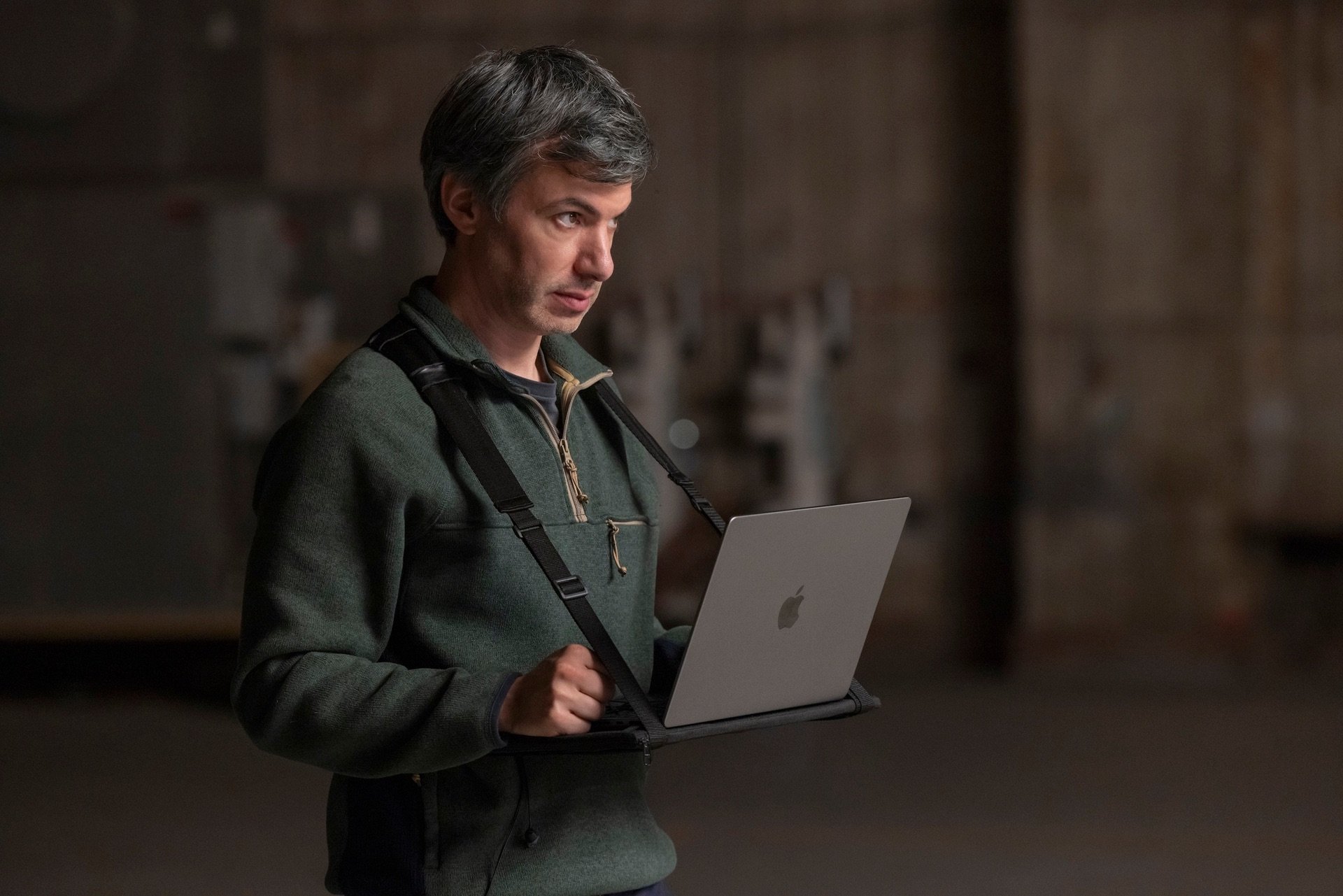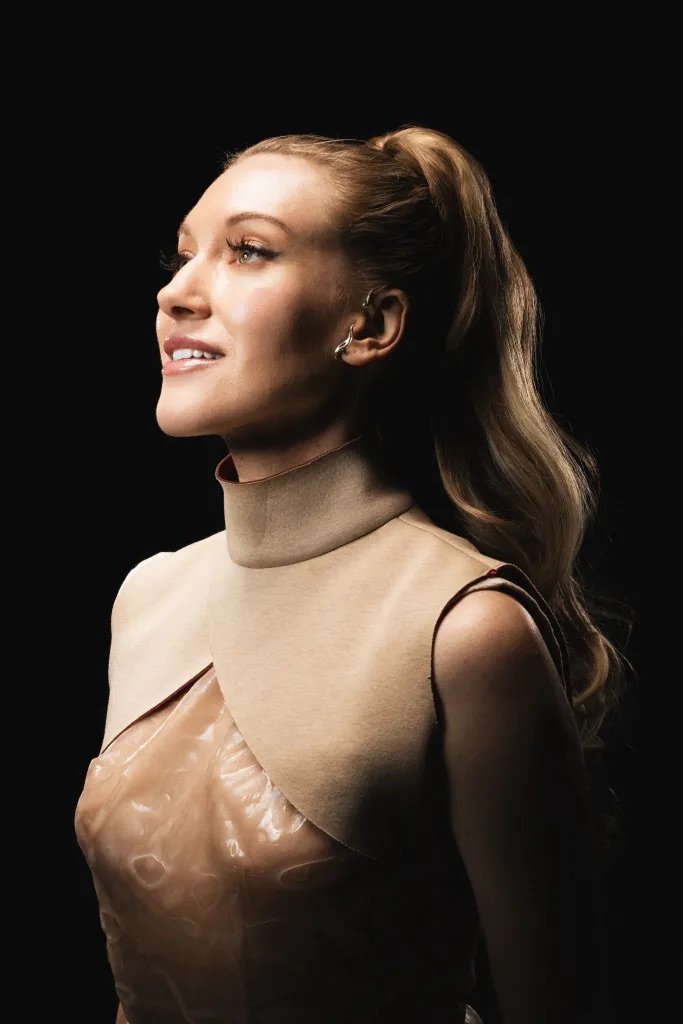‘The Rehearsal’ Stunt Left a Contestant Out $10K: “I Signed Up to Be a Singer, Not a Lab Rat”
HBO
Nathan Fielder Created a Fake Singing Competition for HBO’s ‘The Rehearsal.’ One Contestant Speaks Out on Betrayal, Broken Trust, and Artistic Integrity
When Lana Love received an email from her former performing arts school about an upcoming HBO singing competition, the opportunity seemed too good to pass up. An alumna of The Voice and a rising singer-songwriter with an album ready for release, Love believed the series, titled Wings of Voice, could be her next big break. The prize? A duet with a Grammy winner and national exposure. But most importantly, it was a shot at elevating her career.
What she didn’t know, and what no one would tell her until it was too late, was that Wings of Voice was a complete fabrication—an elaborate ruse constructed for Season 2 of Nathan Fielder’s HBO series The Rehearsal. The series, known for its surreal simulations and mind-bending ethical provocations, had engineered a fake singing show under the guise of psychological experimentation. Real contestants, like Love, believed they were auditioning for a legitimate music competition. Instead, they were being used—unwittingly—as part of a convoluted thesis about communication training for airline pilots.
Fielder’s hypothesis: If a co-pilot could give honest feedback to a passionate performer, maybe they could also speak up in a high-stress cockpit. To test this, he created Wings of Voice, cast real pilots as “judges,” and invited hundreds of aspiring vocalists to take part—all without revealing the truth.
A Dream Shattered Before It Began
Love holds a “congratulations” slip on the “Wings of Voice” set in Hollywood. Courtesy of Lana Love
Love says she spent nearly $10,000 on three separate trips to Los Angeles for auditions and rehearsals. That total includes not only flights and lodging, but also thousands of dollars in lost wages from her job as a vocal coach. “I signed up to be a singer, not a lab rat,” she said, seated in a quiet Greenwich Village café. “This wasn’t just deceptive—it was exploitative.”
She first applied in the summer of 2024. The show’s producers said she had been “hand-selected” to audition based on an introductory video. What followed was a whirlwind: long hours waiting, no visible cameras, and inexplicably being asked to perform children’s songs for a man in a pilot’s uniform. She made it through the first round, then the second—returning each time at her own expense. At no point, she says, was it made clear that the entire competition was fake.
In fact, it wasn’t until the third trip that Love’s suspicions crystallized. A closer look at the production team revealed familiar names from Nathan For You and The Rehearsal. She began connecting the dots, culminating in a confrontation with production over the rights to her original songs. Though producers ultimately amended the contract to protect her IP, the ethical boundary had already been crossed.
Ethics, Contracts, and Artistic Consent
Love, middle, sings “Amazing Grace” on Season 2, Episode 4 of “The Rehearsal.” HBO
Love, a member of SAG-AFTRA and a staunch advocate for creator rights, became alarmed when presented with a work-for-hire contract that initially claimed ownership of all materials performed. “It was like they wanted to own everything we did—our music, our likeness, even our emotional labor,” she said. After she demanded an addendum, the language was revised to allow performers to retain rights to their original songs.
She received union pay for the final taping—$1,250—but says she should have been compensated for previous shoots as well. “We were filmed constantly, even in rehearsal. How is that not work?”
Love wasn’t alone. Hundreds of hopefuls filled the soundstage, each drawn by the lure of a real opportunity. “Some of these kids flew out three times. They didn’t have the money to do that,” she said. “To realize it was all fake—that’s devastating.”
Some, however, chose to see the silver lining. “One girl said to me, ‘I don’t care if it’s fake. I still want to be here.’ That broke my heart.”
From Satire to Harm
Fielder gazes at a group of “Wings of Voice” contestants. HBO
Fielder’s defenders call his work radical, unflinching, and philosophically rich. But as The Rehearsal continues to blur the lines between performance and real life, ethical questions mount. Is it art, or exploitation? Is the commentary worth the human cost?
Fielder never appeared on set in front of the contestants. Love only learned of his involvement from whispers on set and a late-night deep dive into his work. What she discovered left her conflicted. “I don’t know if he’s a genius or a sociopath,” she said. “Maybe both.”
Despite her disillusionment, Love chose to stay. She performed “Amazing Grace” in the style of Fall Out Boy for a fictional panel of judges. She was later eliminated—on a show that never truly existed.
Turning Betrayal Into Empowerment
Max Durante
Since the experience, Love has doubled down on advocacy. She released a track called “Nathan Fielder,” composed entirely of YouTube comments left under Fielder’s old videos. Her next single, “Antidote,” drops May 16. It’s a response to the emotional fallout of her experience, a rallying cry for resilience.
She’s also released a free online guide for independent musicians, outlining how to register and monetize their work—part of her ongoing work with the U.S. Intellectual Property Alliance.
For Love, it’s about reclaiming the narrative. “We still have to go for our dream with our full heart,” she said. “Even if the game is rigged.”
Fielder opens every episode of The Rehearsal by saying, “If you plan for every variable, a happy outcome doesn’t have to be left to chance.” Love offers her own response:
“People are not variables,” she said. “People are people. Treat them as such.”













